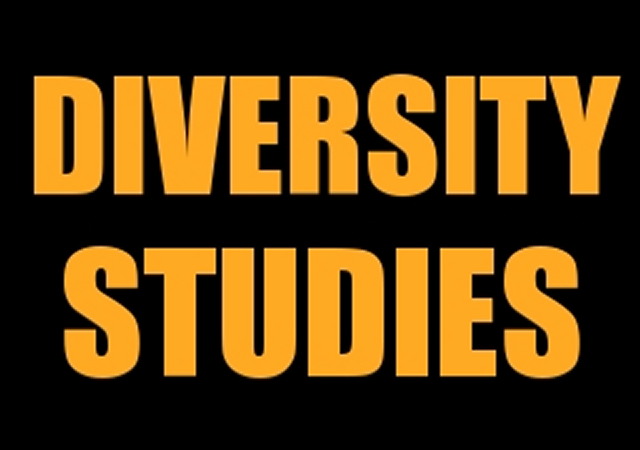Diversity, Equity, and Inclusion Statements Destroying Higher Education
“A growing number of university departments now announce their support for DEI while demanding that any potential future colleagues do the same.”

DEI statements are nothing more than mandatory virtue signalling. They serve no other purpose than confirming the ‘right’ politics of a person.
Tim Shampling writes at City Journal:
Empty Platitude, or Litmus Test?
Diversity, equity, and inclusion (DEI) initiatives in higher education involve a range of objectionable elements, such as giving preferential treatment to job candidates from particular race and gender groups and generating a massive administrative staff that encroaches on faculty autonomy and attempts to structure and surveil even informal campus interactions. One element of the phenomenon that has received increasing attention is the proliferation of DEI statements: requirements that candidates submit testimonials of their contributions to DEI as part of the academic hiring and promotion process, and official pronouncements of the values of a university or unit within it. A growing number of university departments now announce their support for DEI while demanding that any potential future colleagues do the same.
Others have advanced capable and instructive attacks on these statements. I write simply to point out a dilemma: such statements are necessarily either too weak or too strong.
Defenders of DEI statements often ask how such a practice can be problematic. Diversity, equity, and inclusion are positive values, the argument goes; what kind of person would not support them? The implication is that the DEI statements contain an affirmation of self-evident goods to which no good person could object, obvious truths beyond the realm of reasonable contestability. Being asked to testify to one’s support for DEI could give no pause to any sensible person’s conscience.
But if the statements are platitudinous and banal, why have they become so popular? Applicants for a position aren’t required to profess allegiance to happiness or good times or kindness or doing the right thing. Departments don’t issue statements acknowledging that the sun rises in the morning, that one should provide for one’s children, or that it is good to try the best one can. And it would be wrong to do so, for unnecessary obligations add to the endless administrative overhead afflicting professional life today and generate opportunities for decisionmakers to treat applicants arbitrarily. Mandating a “why caring about others is better than not” statement for evaluating chemists or physicists, for instance, could only introduce a confounding variable into the process and lead to the hiring of worse chemists and physicists.
Donations tax deductible
to the full extent allowed by law.








Comments
DEI statements should be reclassified as DIE statements Dogma, inequity, and exclusion.
this a very good example of how far mental illness has progressed in academia
They are more than litmus tests — they are loyalty oaths.
Write what you want: they are going to hire the “diversity” candidate anyway.
If you are a preferred minority, you can’t write no wrong, and if you are a “white supremacist” everything you write will be wrong.
DIE has to go; it is just a socialist filter for higher ed. Oh, and K-12 as well.
We need to establish an on-line library of diversity statements that will be well-received by woke administrators. Then, an applicant can just go to the website and pick up a line or two from a variety of statements, change a few words so Google won’t pick it up, and submit a guaranteed acceptable piece of woke BS.
Requiring “diversity statement” loyalty oaths is unethical and indefensible. Therefore, lying and plagiarism in responding to the requirement should be considered normal and to be encouraged.
I heard that the new SCOTUS justice, Ketanji Jackson, has a novel view of the 14th Amendment. She asserts that it was intended to give advantage to black people (presumably for reasons of equity since they had recently been slaves) and that that “original intent” should continue today.
A pretty radical position that she never hinted before in her judicial career or at confirmation hearings, but now she’s able to blurt it out. I wonder if the court’s other lefties will join that view.
I think her idea is pretty risky against her preferred interests, because Affirmative Action has been going for almost 60 years and was intended as that additional leg-up. The “original intent” of affirmative action was to last for five years or “absolutely no more than 15 years”. I remember. I was around at the time. Since then the idea of a.a. has grown to cover more and more groups. It has metastasized like all government programs, rather than serving a limited existence and then going away as promised.
The risk is that people realize that a.a. has been overdone, and we need some compensation the other way for fairness. It would lead to even more unequal outcomes, but outcomes are not the right measure; so many things can affect them.